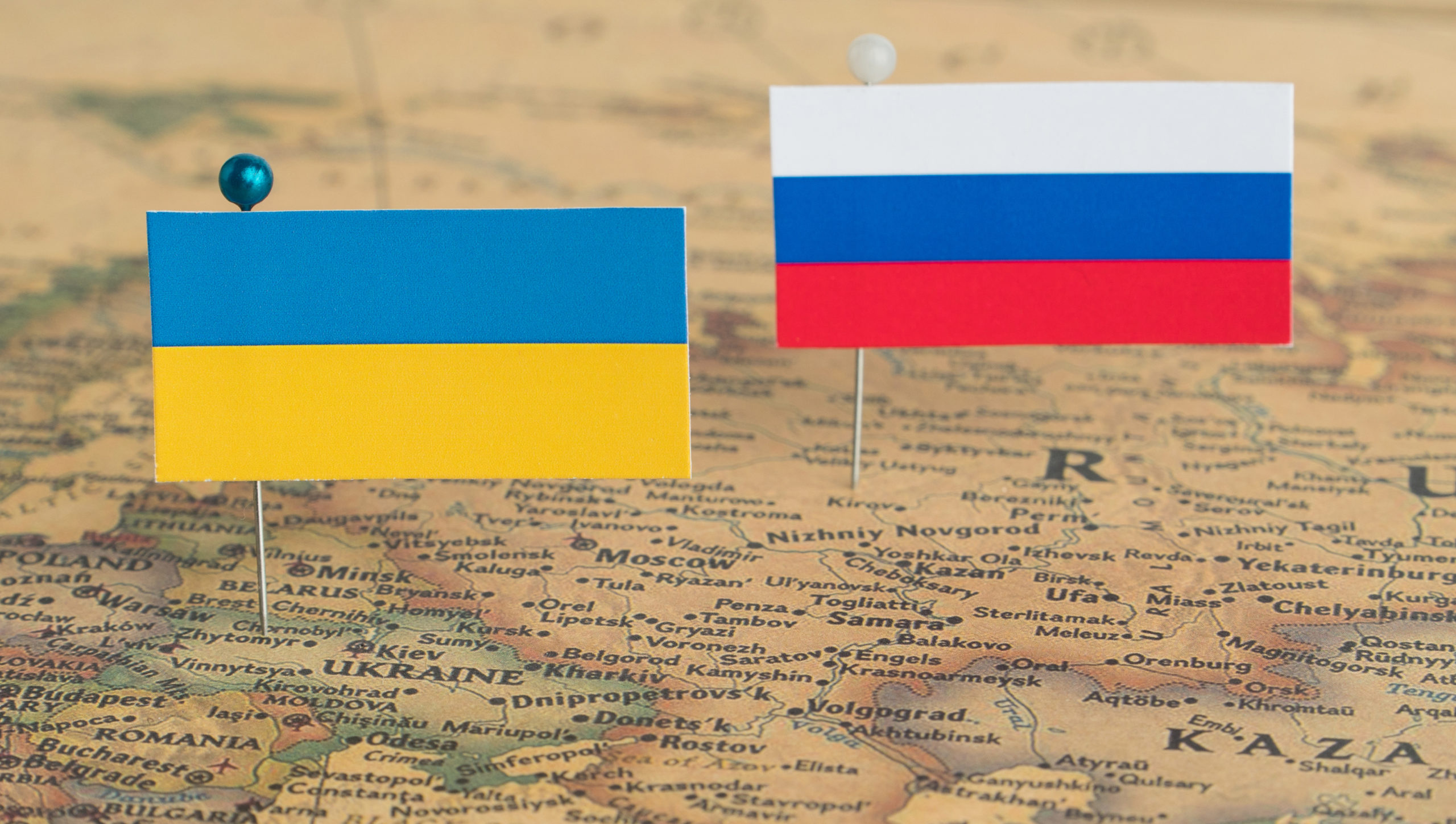Vladimir Putin, President of Russia, is threatening to invade Ukraine. He has sent 100,000 troops to prepare for the invasion. Ukraine, which had been a part of the Soviet Union, became an independent country in 1992 after the collapse of the Soviet Union. Putin has always considered Ukraine a part of Russia and is serious about bringing Ukraine back into the fold.
To Putin’s displeasure, Ukraine seems to be more attracted to the European Union (EU) than to Russia. The only reason why they have not joined the EU is that Russia has gotten in their way.
Russia’s primary demand in this situation is that the North Atlantic Treaty Organization (NATO) withdraws its offer to Ukraine to become one of its members; that has not happened. NATO is an intergovernmental military alliance between 27 European countries, two North American countries, and one Eurasian country that share common principles and values. The goal of NATO is to secure the Euro-Atlantic area. An attack against one country is considered an attack on all the nations.
During the past few days, the international community has come together to find a solution through diplomatic negotiations, but so far, no solution has been found on which Russia and Ukraine can agree.
The EU and the United States have announced that they are ready to deploy troops to support Ukraine. They have also threatened Russia with economic sanctions. But Russia does not seem to care about the economic sanctions; they know that just like China and other countries, they can survive without relations with the EU and the U.S.
It seems apparent that Vladimir Putin has perceived the weakness of President Biden and his diplomacy. While the U.S. President has made climate change a priority for his national security policy, our enemies are using this as an opportunity to advance their interests.
We need the current administration to show firmness and resolve in this situation. Currently, President Biden is considering deploying troops to Ukraine. Unfortunately, this may be necessary, but it is not a solution. The NATO nations must stand firm in their protection of the sovereignty of each of its member nations.
As we as a nation navigate through these uncertain times, we invite you to join us in prayer. We need to pray for peace and to pray for our leaders and the leaders of the world that God will grant them the wisdom to protect their nations and their people before their own interests.


